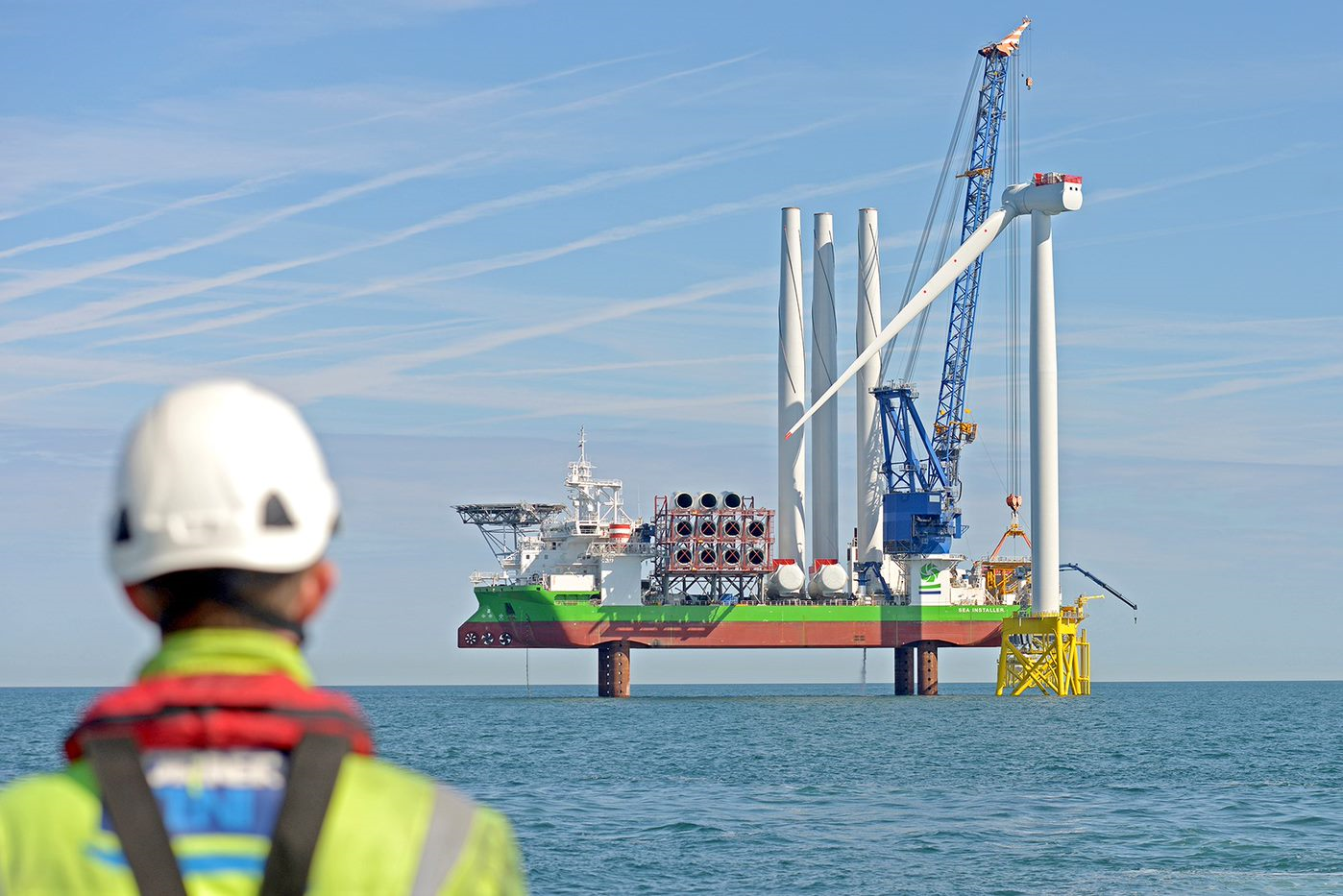Developers of the 1,223-megawatt Commonwealth Wind offshore wind project are asking Massachusetts energy regulators to cancel their review of power purchase agreements, saying the contracts and changing world economic conditions make the project no longer viable.
Developers Avangrid have cited the war in Ukraine, interest rates, supply chain constraints, and persistent inflation – plus the escalating cost of wind turbines – for upending their cost projections and ability to finance the project.
Since Avangrid made its initial requests to renegotiate, electric power distributors Eversource Energy, National Grid and Unitil have refused to budge. Avangrid submitted its request to cancel the power contracts review Dec. 16, and said it plans to resubmit a bid into the Massachusetts power solicitation process in April 2023.
“Despite unprecedented challenges in the global economy in the form of supply chain disruptions, historic levels of inflation, and rising interest rates, Avangrid has engaged in good faith and productive discussions with Massachusetts state officials regarding these challenges and the need to restore the project to economic viability,” the company said in a prepared statement.
“As building Commonwealth Wind remains our objective, Avangrid has been disappointed in the electric distribution companies’ refusal to immediately engage on this matter,” the company said. Ending the power contract “will allow all parties an opportunity to pursue an expedient path forward – opening the path to the inclusion of the 1,200 MW in the upcoming offshore wind solicitation slated for April 2023.”
The developers’ financial reconsiderations come even as the federal Bureau of Offshore Energy Management released a draft environmental impact statement for New England Wind, the overall plan for Avangrid’s Commonwealth and Park City Wind projects, which would together have a nameplate potential power output up to 2,000 MW.
Supportive state governments in the Northeast and Mid-Atlantic together with BOEM have been the impetus behind developing a U.S. offshore wind industry. But the industry’s escalating costs have already forced Dominion Energy and Virginia state regulators to re-negotiate over the 2,600 MW Coastal Virginia Offshore Wind project.
Dominion had warned that regulators’ call for a guaranteed power generation average of 42 percent for the CVOW nameplate rating could make the project untenable – drawing jeers from critics of renewable energy.
The company, state officials and other stakeholders finally agreed on an amended agreement that allows the project to move forward. BOEM has put out the draft environmental impact statement for CVOW, which is the biggest U.S. project planned to date.







